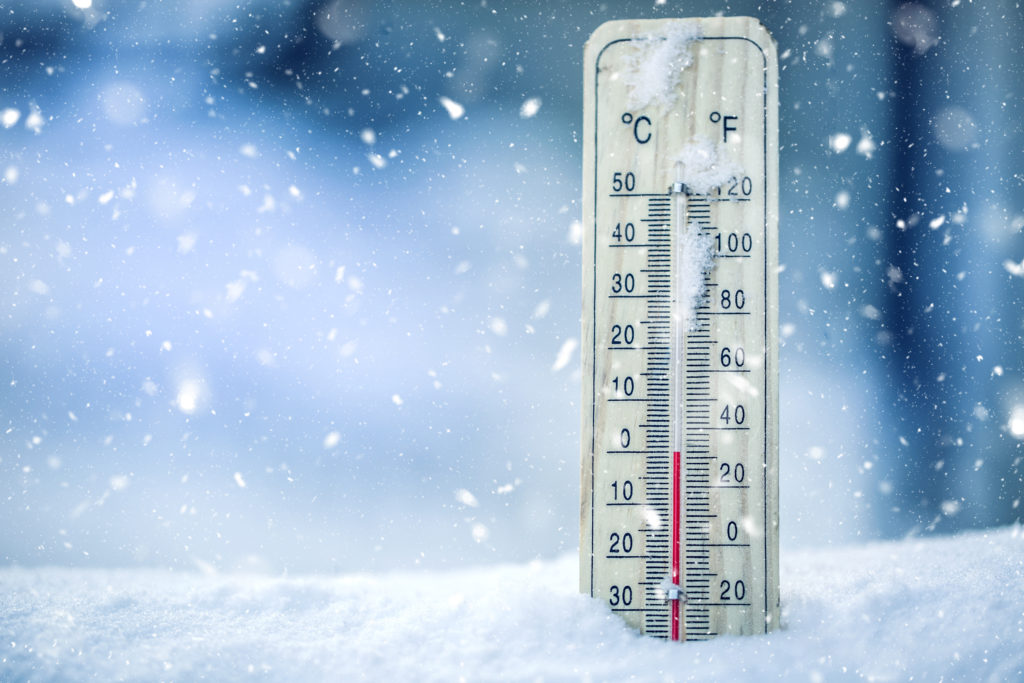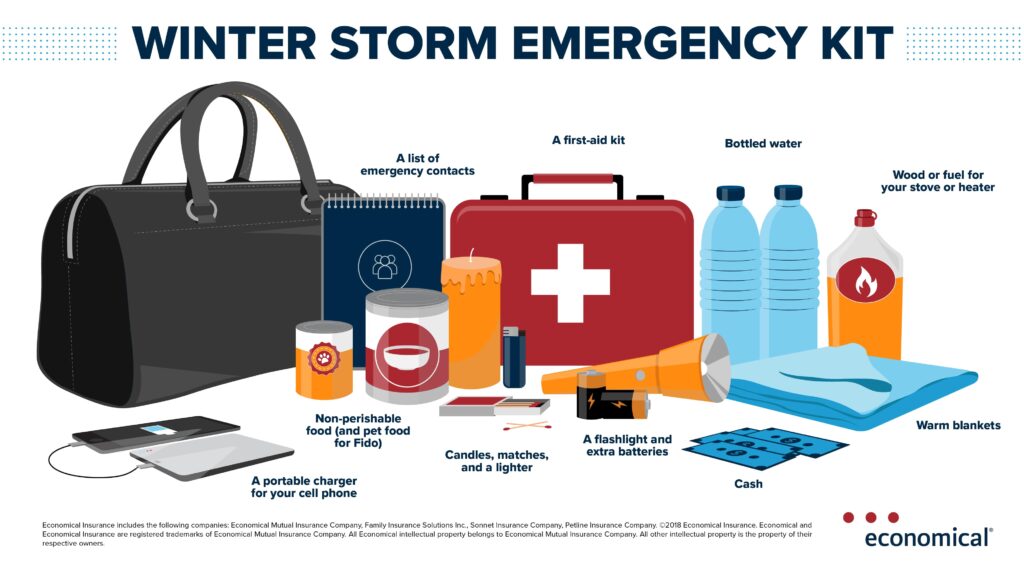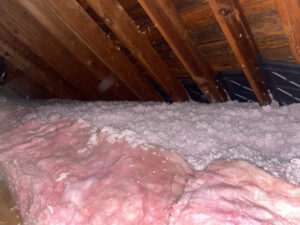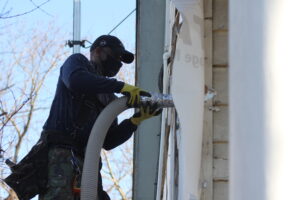
With less than a month until the official start of spring, the DMV continues to experience mild snow and icy conditions. Meanwhile, large areas of Texas are still experiencing power outages and harsh weather conditions, with thousands of households not having power for nearly 5 days. Although Maryland, DC, and Virginia homeowners are likely to experience winter conditions more often, it’s still important to learn ways to cope with power outages in winter if they should occur. It’s always worth making sure you’re prepared for these events beforehand!

Keep a stockpile of extra water, non-perishable foods, batteries, and flashlights. If you have a functioning fireplace, keep some extra wood handy. You should also have a fire extinguisher, first aid kit, and extra formula or pet food in case winter conditions last longer than expected. Check out these helpful tips on what else to keep in your stockpile.
Don’t use a gas or charcoal grill inside the home. While it may be tempting to bring a heat-producing appliance into your home, it’s a major risk of carbon monoxide poisoning as the fumes have nowhere to escape. The same goes for an outdoor generator. You should have a carbon monoxide detector year-round to alert you of any unsafe levels happening in your home.
Prevent your pipes from freezing by checking to see if they’re properly insulated. As pipes freeze, water expands and causes the pipes to burst. You have a few options to prevent pipes from freezing which include turning off your main water valve and letting the water in your pipes drain completely until it’s safe to re-open the valve. Or you can wrap accessible water pipes with pipe insulation, blankets, or towels and keep a small stream of water running to lower the risk of freezing.
Preserve your phone battery or keep a car charger to charge your phone if you’re without power for a few days. Use your device sparingly. Now that we’re all quarantine experts, you should have no problem finding a few activities to do to keep you busy!
Bundle up in multiple layers and try to occupy one room. Close off doors to rooms you aren’t using and block the bottom of the doors with rolled-up blankets or towels. Covering windows with towels can also prevent
Bring your pets inside! Although some pets may be excited about the snow, bring them inside during harsh conditions, especially at night. When walking your dog during a storm, be sure to purchase a coat for them and limit their time outdoors.
Get an energy audit beforehand. Alright, this may be a little biased, but getting an energy audit can help you pinpoint areas of your home that are losing the most heat! Having the proper amount of insulation in your home can help tremendously when you’re trying to save as much heat as possible. Prevention is key! The sooner you can keep your home warm you’re already one step closer to increasing your comfort during winter.






